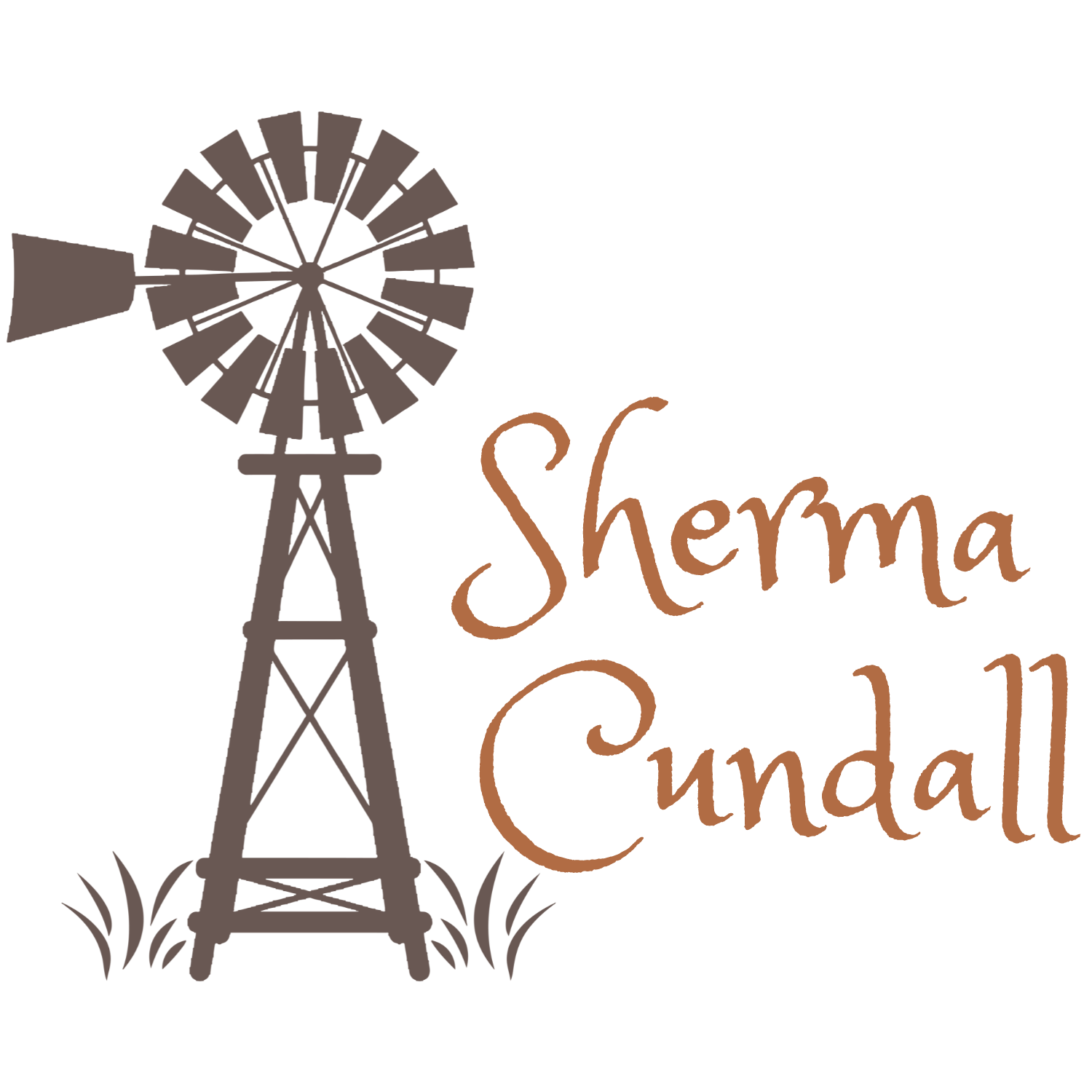My Simple Life
SIMPLE - I like simple
and front porches
and hollyhocks
and a hen and her chicks
and fresh green beans from my garden
and my gorgeous red lilies
and a fresh cup of tea shared with my neighbor
and old farm houses
and little kids playing in a mud puddle
and memories of days gone by
Simple feels really good to me and I’m guessing you might like it too !
I’ve come full circle, from that crazy, busy, hectic life....you know the one I’m taking about .... to a more natural, simple and intentional one. That other life, the out of control one, is mostly just a memory now.
During that “not so simple” time in my life I stumbled onto a “natural wellness” company that began to change my view of health. Through that season, I developed a desire to read labels, to study ingredients, to live with more intention in relationships, to ask myself and others hard questions, to stretch and grow out of my comfort zone, and to be empowered with knowledge about how our bodies work.
I now enjoy taking time to breathe, time to connect, time to plan and time to dream… even if I have to steal that time away from the “busy-ness” that our culture drags us into.
Living a life full of healthy ingredients, healthy relationships and a healthy outlook on a balanced life is what I dream of for you and me!
I have learned how rewarding it is to think simple... the way my grandparents lived out their lives.
I’ve come full circle...and you can come with me!
I can help you create balance and harmony in your life.
Together we will discover natural solutions to support your healthy body, mind and spirit.
Are you ready? Just click the CONTACT ME button below and let’s get acquainted...no strings attached!






